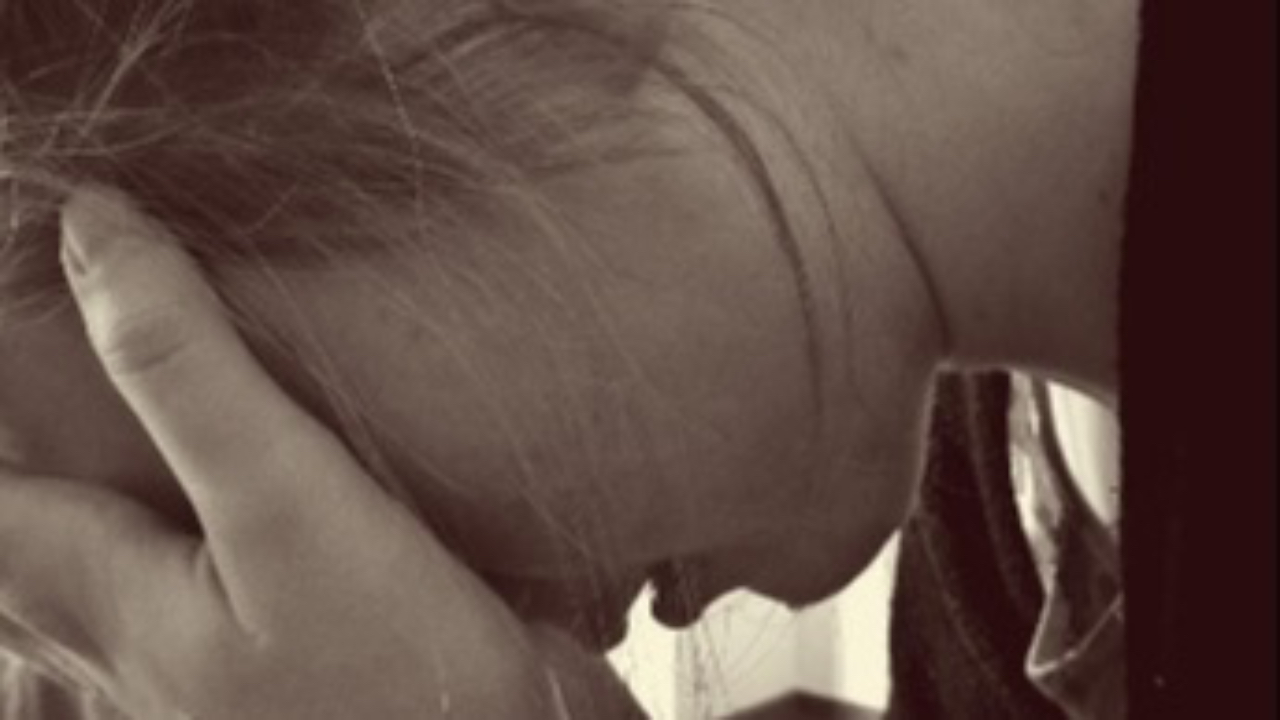The Subtle Signs of Bullying and How to Deal with It
Sep 23, 2025
Bullying is often portrayed in a straightforward manner—think of the classic schoolyard scenarios or overt acts of aggression. However, bullying can manifest in more subtle, insidious ways that may go unnoticed, making it difficult for victims to identify and address the behavior. Recognizing these subtle signs is essential for fostering a safe and supportive environment, whether at school, work, or in social settings. In this article, we will explore the subtle signs of bullying and provide practical strategies for dealing with it effectively.
Understanding Subtle Bullying
Subtle bullying often involves indirect or covert behaviors that can be just as harmful as more overt forms of aggression. These behaviors may include:
- Exclusion: Deliberately excluding someone from social activities or conversations can create feelings of isolation and low self-worth. The victim may feel left out without fully understanding why.
- Gossiping: Spreading rumors or talking negatively about someone behind their back can undermine trust and damage reputations. Victims may feel anxious and paranoid, unsure of who to trust.
- Sarcasm and Backhanded Compliments: Comments that seem innocent on the surface but carry a hurtful undertone can be damaging. For example, saying, "You did well for someone who usually doesn't try hard," can be demoralizing.
- Subtle Undermining: This can involve questioning someone's competence or skills in a way that seems casual but is meant to diminish their confidence. For instance, a colleague might say, "Oh, I didn't think you would get that done on time," which can cause self-doubt.
- Body Language: Non-verbal cues, such as rolling eyes, sneering, or dismissive gestures, can convey contempt and hostility without a single word being spoken.
- Microaggressions: These are brief, everyday exchanges that may be unintentionally dismissive or derogatory, often targeting an individual's identity, such as race, gender, or sexual orientation.
- Manipulation: Some individuals may use emotional manipulation to exert control over others, making them feel guilty or responsible for the manipulator's feelings.
Recognizing the Impact of Subtle Bullying
The effects of subtle bullying can be profound and long-lasting. Victims may experience anxiety, depression, decreased self-esteem, and social withdrawal. Because these behaviors are often less visible, they can be challenging to address, leaving victims feeling powerless and isolated.
How to Deal with Subtle Bullying
- Acknowledge Your Feelings: The first step in dealing with subtle bullying is recognizing that your feelings are valid. If you feel uncomfortable or hurt by someone's behavior, it’s essential to acknowledge those feelings.
- Document Incidents: Keep a record of instances where you feel bullied. Note the date, time, location, and specifics of the behavior. This documentation can be helpful if you need to report the behavior later.
- Seek Support: Talk to trusted friends, family members, or colleagues about your experiences. Sharing your feelings can provide validation and help you gain perspective on the situation.
- Address the Behavior Directly: If you feel safe doing so, consider addressing the bully directly. Use "I" statements to express how their behavior affects you, such as, "I feel uncomfortable when you say things like that." This approach can sometimes lead to a constructive conversation.
- Set Boundaries: Establish clear boundaries with the individual exhibiting bullying behavior. Let them know what behaviors you will not tolerate and be consistent in enforcing those boundaries.
- Report the Behavior: If the bullying continues or escalates, don’t hesitate to report it to a supervisor, school official, or HR department. Provide your documentation to support your claims.
- Practice Self-Care: Engage in activities that promote your mental and emotional well-being. This could include exercise, mindfulness, hobbies, or spending time with supportive friends.
- Consider Professional Help: If the situation is significantly impacting your mental health, consider speaking with a therapist or counselor. They can provide strategies for coping and dealing with the emotional fallout from bullying.
- Educate Others: Raise awareness about subtle bullying within your community. Promote discussions about the topic to foster a culture of respect and empathy.
Conclusion
Subtle bullying can be just as damaging as more overt forms of aggression, yet it often goes unnoticed. By recognizing the signs and understanding the impact of these behaviors, you can take proactive steps to address and deal with bullying effectively. Remember, you deserve to feel safe and respected in all environments, and taking action is a vital part of advocating for yourself and others. Together, we can create a culture that discourages bullying in all its forms and fosters kindness and support.

